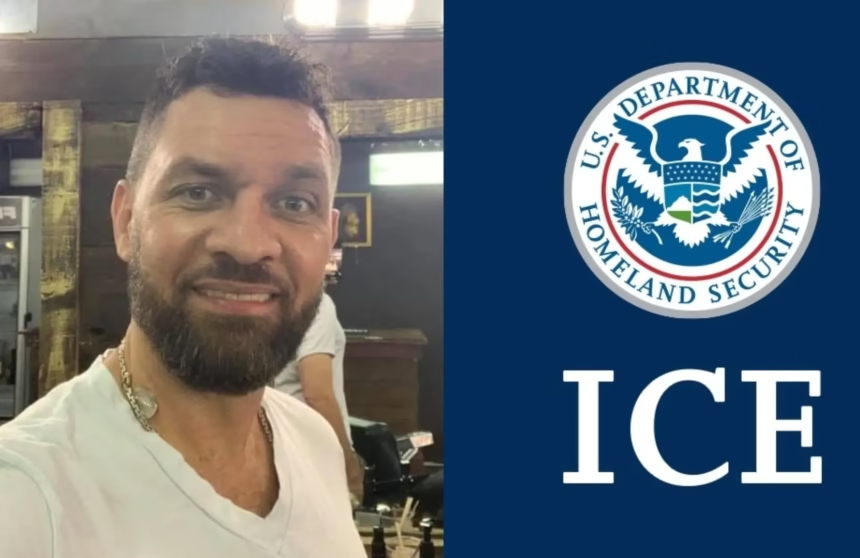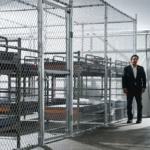New details emerged regarding the arrest of Haitian businessman Dimitri Vorbe, who was taken into custody on Tuesday, September 23, 2025, at his U.S. residence by federal agents.
In an official statement, the U.S. Embassy in Haiti said the State Department had determined that Vorbe’s presence or activities in the United States would have potential serious adverse foreign policy .” That finding, the embassy added, “providing a basis for the charge of removability.”
According to U.S. officials, Vorbe “ engaged in a campaign of violence and gang support that contributed to Haiti’s destabilization.”
Vorbe, a former executive of the energy company SOGENER and a controversial figure in Haiti’s political and business circles, was arrested at his home by Homeland Security Investigations (HSI), an arm of the Department of Homeland Security (DHS).
A source close to the Vorbe family told Le Nouvelliste: “They came to his house and took him away. There are no other details at the moment.”
Vorbe is currently being held at the Krome detention center in Florida. The Associated Press reported that no formal criminal charges have yet been filed, and an Immigration and Customs Enforcement (ICE) spokesperson declined immediate comment.
A case under U.S. scrutiny since 2020
This is not the first time Vorbe has drawn U.S. authorities’ attention.
In August 2020, he was arrested in the United States and his passport seized. Since then, his case has remained in the hands of U.S. immigration authorities.
An outspoken critic of former Haitian president Jovenel Moïse, Vorbe had sought refuge in the United States to avoid legal action in Haiti over controversial contracts between SOGENER and the Haitian government.
Those disputes fueled political tensions and cemented his reputation as a polarizing figure within Haitian society.
According to AP, Vorbe is expected to appear in court soon as part of the ongoing removal proceedings.
His arrest follows a broader U.S. campaign targeting Haitian political and business figures accused of corruption or ties to armed gangs. In recent months, several officials have lost their visas or faced sanctions, including former lawmakers Arnel Bélizaire and Antonio Chéramy, better known as Don Kato — a close ally of Vorbe.
The case also comes on the heels of the July 2025 detention of Haitian businessman Réginald Boulos by U.S. immigration authorities in Miami.
U.S. officials issue repeated warnings
The arrests underscore Washington’s tougher stance toward Haitian elites suspected of aiding gang violence.
Henry Wooster, the U.S. chargé d’affaires in Port-au-Prince, recently warned: “We have revoked U.S. residency for individuals who worked with Haitian gang leaders or supported their criminal activities. If you support violent organizations, you will not be allowed to stay in the U.S. The era of impunity is over.”
Deputy Secretary of State Christopher Landau reinforced that message Monday, telling AP: “The U.S. government will remain relentless in pursuing those who support terrorist gangs, through indictments, arrests, sanctions (…) and other immigration restrictions.”
A high-stakes case
Vorbe’s arrest immediately reverberated in Haiti, where gang violence and political instability continue to grip the country. The case has reignited debate about the role of Haiti’s economic elite in fueling the crisis, while highlighting the U.S. strategy of targeted pressure.
For Washington, the move is meant to signal that alleged support for criminal organizations will carry consequences, even abroad. For Vorbe’s supporters, however, the arrest represents a political weapon aimed at weakening opponents of those currently in power in Port-au-Prince.
The outcome of the case remains uncertain. Vorbe could face deportation or possible criminal charges, depending on how U.S. proceedings unfold.
For now, the U.S. Embassy in Haiti has set the tone, declaring that Vorbe’s presence on American soil is no longer compatible with Washington’s diplomatic interests.








